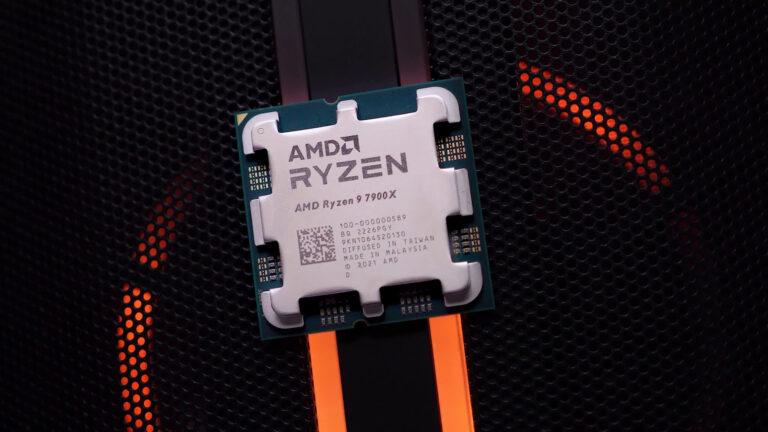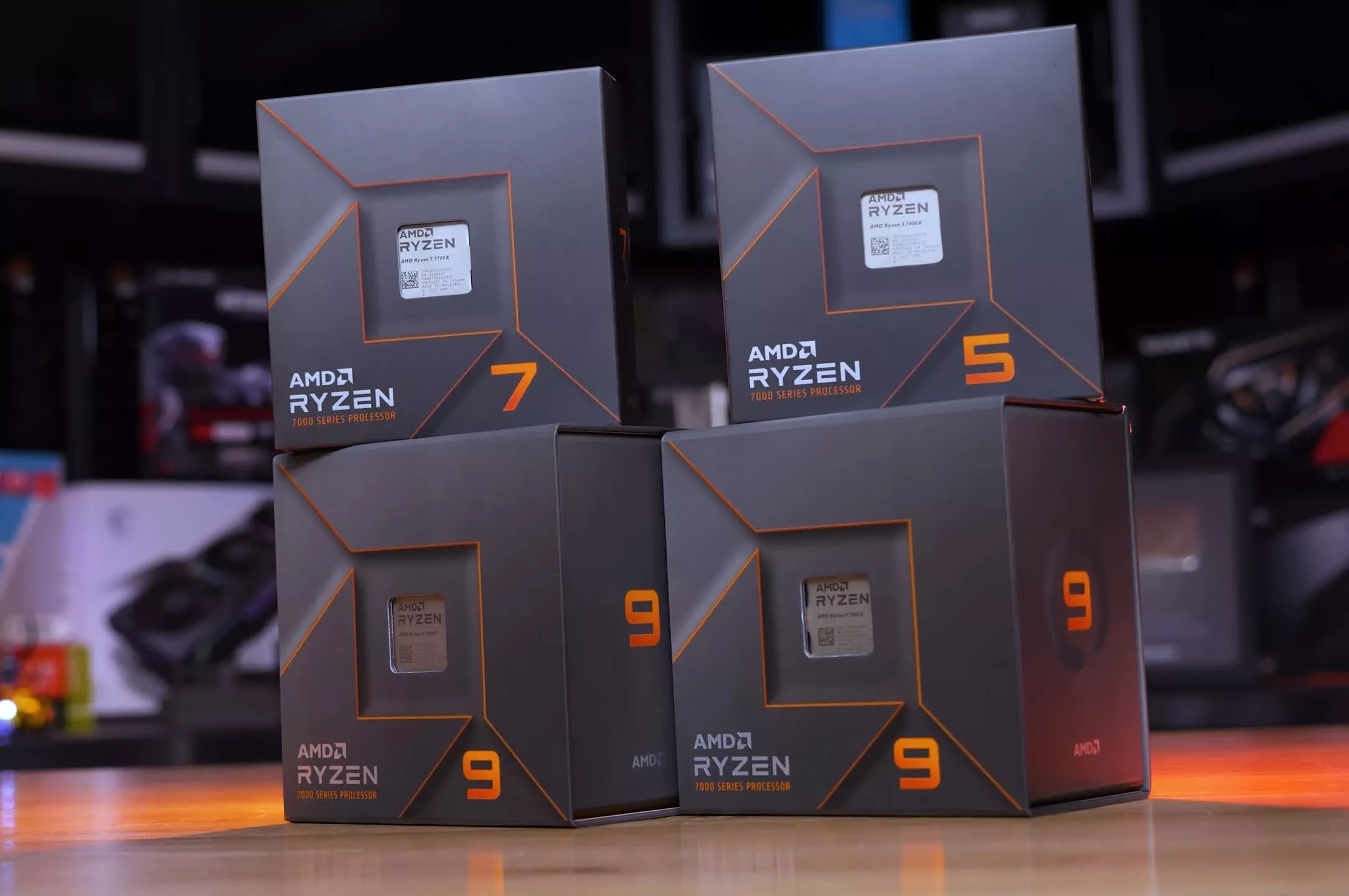
[ad_1]
What just happened? Since launching in September, AMD’s Zen 4 processors have struggled to sell against Intel’s Raptor Lake due to price and compatibility disadvantages. Team Red has addressed the situation with deep price cuts around the globe, but it’s unclear if these are permanent drops or just holiday deals.
Retailers have cut the prices on all Zen 4 CPUs this month. Europe and China saw prices fall by almost 30 percent for all models, while in the US, they decreased by roughly 15 percent.
Newegg, Amazon, GameStop, and B&H chopped around $120 off the 7950X and 7900X. Meanwhile, the 7700X and 7600X are now $50 cheaper than at launch.
| Zen 4 CPU | Launch MSRP | Current Price | Price Change |
|---|---|---|---|
| Ryzen 9 7950X | $699 | $574 | -18% |
| Ryzen 9 7900X | $549 | $474 | -14% |
| Ryzen 7 7700X | $399 | $349 | -13% |
| Ryzen 5 7600X | $299 | $249 | -17% |
The cuts started in China earlier this month, where all Zen 4 CPU prices fell by around a quarter, with the 7950X going down by 27 percent. Similar drops hit Europe over the weekend, with the flagship processor becoming almost €200 cheaper. In Europe and the US, these prices may only be for Black Friday, while in China, they might have been for Singles Day on November 11.
Reports made it clear last month that Ryzen 7000 was having trouble. That month’s Steam hardware survey brought further confirmation, with AMD CPU user share dropping against Intel. It isn’t hard to see why. If the new prices hold up after the holidays, it’ll be because of Zen 4’s weak sales.
Team Red’s choice to start a new CPU socket platform with AM5 means that anyone buying a Zen 4 processor needs a new motherboard. Furthermore, AM5 motherboards only accept the still-new and expensive DDR5 RAM.

The older Ryzen 5000 CPUs still get the job done for most users, have become far cheaper this year, and work with the mature AM4 motherboards many users likely already have. The 5800X3D is an attractive deal. Raptor Lake, which Intel launched this year, is even more versatile. The company’s 13th-generation processors support DDR4 RAM but let users upgrade to DDR5 whenever they’re ready.
Zen 4 only makes sense for users looking to buy or build a new PC from scratch, but Intel could soon find itself in a similar situation. The 14th-generation Intel CPUs will probably move to a new socket platform, making that upgrade more expensive. Meanwhile, AMD customers who hop onto AM5 now will have an easier time upgrading to Zen 4’s successor. Each customer must judge their upgrade paths individually while the two vendors transition to new sockets.
[ad_2]